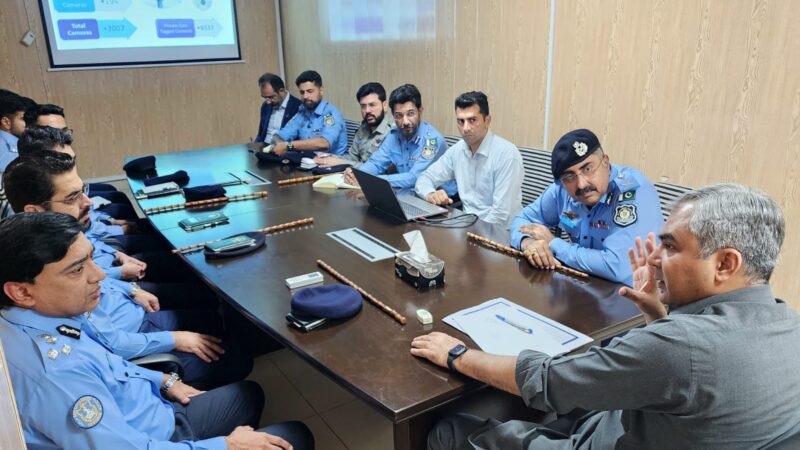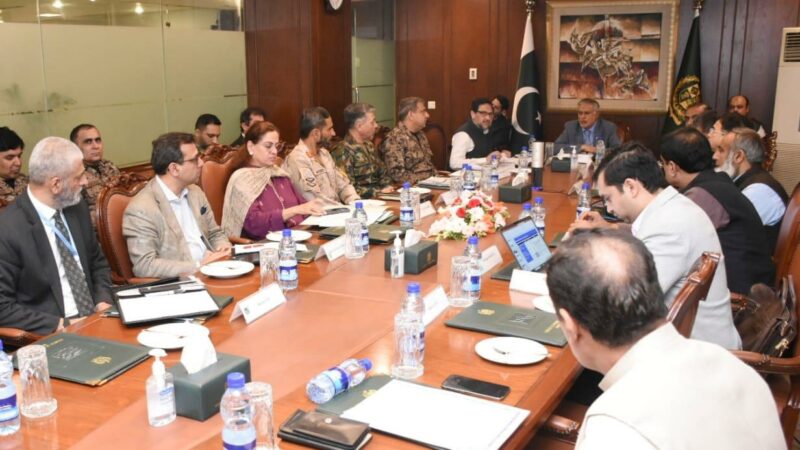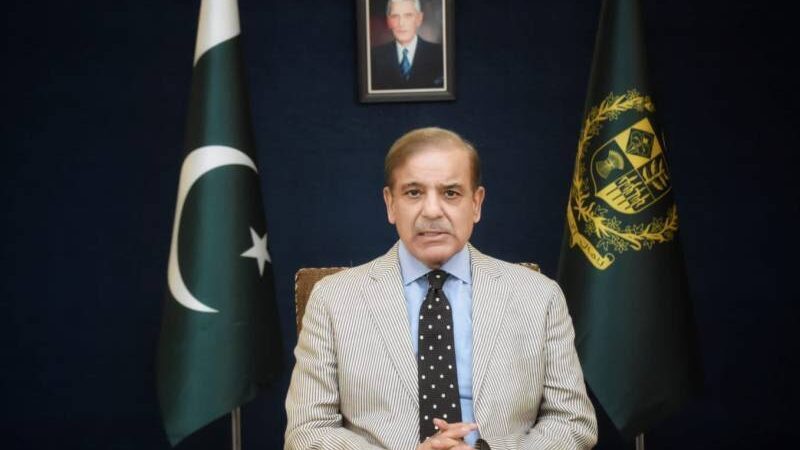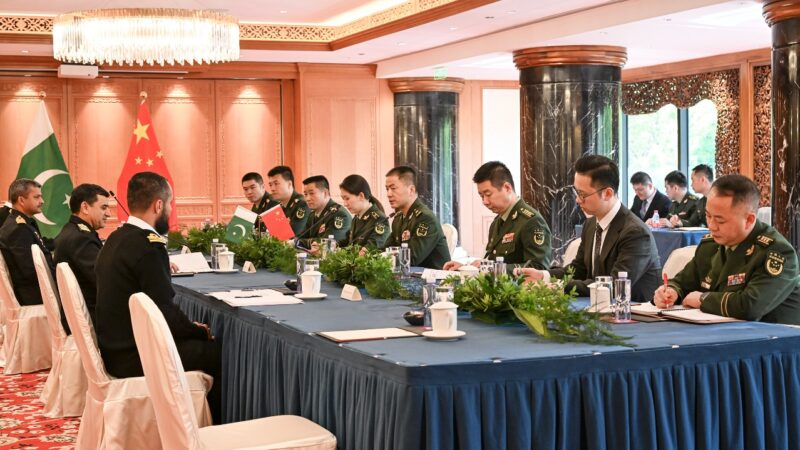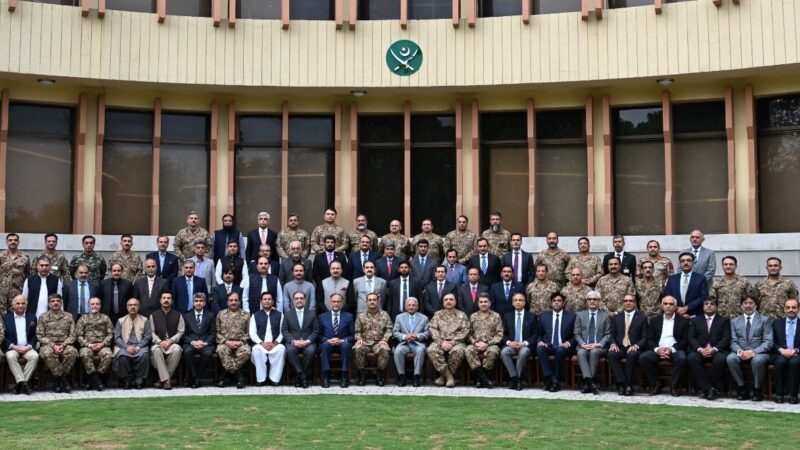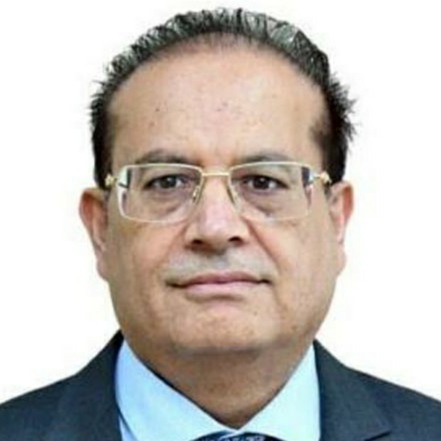By Qamar Bashir
Former Press Secretary to the President
Former Press Minister to the Embassy of Pakistan to France
Former MD, SRBC
In 2012, I had the privilege of participating in a Publication Workshop for Developing Countries in Beijing, which included an illuminating journey through Fujian Province in China. Over three days, we traversed this remarkable province, marveling at its stunning natural beauty, witnessing the speed and efficiency of bullet trains traversing hills, and learning about infrastructure feats, including roads beneath the sea. Fujian’s mountains were dotted with tunnels, carving paths for roads, highways, and railways. Each city boasted its industrial zones, showcasing a plethora of products in local exhibitions. Markets teemed with fresh produce, restaurants bustled with customers, and beaches offered modern amenities. Ports hummed with vessels, and tourist spots were impeccably maintained. The province exuded affluence, modernity, and contentment among its populace. It was only later that I discovered Fujian’s incredible transformation from poverty to prosperity, a feat attributed to President Xi’s governance during his tenure as its governor. Fujian stands today as a testament to China’s progress and prosperity under his leadership.
This inspired me to conduct some background research on the Chinese system, which produces a significant number of visionary, inspiring and effective and, above all, people-centered leaders. My interest compelled me to delve further into the Chinese political system, which has only one political party, yet inside the party, great Chinese leaders grasped one crucial secret of success: people-centric administration. They knew that their pump and show, their own authority and clout within and beyond the country did not rely on the most powerful army or weapons, but rather on the empowerment of the country’s people.
This idea prompted Chinese leaders to transform their whole political system from ruling to serving the people. They directed all of the country’s resources into developing an ethical, aggressive, educated, trained, high-value, and high-capacity human resource. This discovery was one of the primary reasons for China’s extraordinary success and wealth, among many others.
The secret of this incredibly powerful political formula is based on selection and elections in which the fulcrum is not oratory skill, sycophancy, relationships with high-ranking officials, like or disliking, but one magic word meritocracy and meritocracy alone.
The Chinese political system has also developed a foolproof criterion for evaluating and measuring meritocracy, which is based on principles of tangible and measurable progress on five parameters: poverty reduction, job creation, local economic growth, social development, and, increasingly, environmental protection.These five important elements serve as the foundation for selecting administrative and political leaders.
The political system is designed to generate leaders that are completely tuned, capable, and committed to motivating, inspiring, and encouraging their target population to reach their maximum potential regardless of gender, ethnicity, or race. They gave their people with the means to provide high-quality education for their children, to train them in a highly effective vocational training center to impart high-quality skills, to teach them good management abilities, and to practice high ethics in running their enterprises. They provide opportunities for high-achieving students to enhance their critical and sensitive knowledge skills both at home and abroad. The Chinese government’s concentration on nurturing a high-quality populous has resulted in the world’s fastest-growing economy and drastically improved living standards for the vast majority of Chinese people.
President Xi’s rise from the grassroot level to the highest position of the President is due to his ability to bring both qualitative and quantitative changes, beginning with village leadership qualifying to town, then province leadership, and finally as he rose to the highest position of the President.
President Xi’s political career began in 1974, when he joined the Communist Party of China (CPC) and was appointed Party secretary of Liangjiahe. When asked how they found Xi as a leader in an interview, the villagers all agreed that he was strong at planning and finding solutions, he was well-educated, he was tough in the face of adversity, and he was competent at farm labor. As the Party secretary of Liangjiahe hamlet, Xi oversaw a number of measures that helped the peasants, transforming him into “the man of the people.”
When he took over as village leader, the inhabitants were destitute and had minimal agriculture due to a lack of water and floods sweeping away standing crops. Xi recognizes that the people will be unable to escape poverty until the water is harnessed. He had a desire to build a dam and worked day and night to fulfill his goal. He carried the stone barefooted and shoveled the ground day and night, leading the people from the front and successfully building the dams that provided the farmer with a regular flow of water and spared the crops from floods. Later, he returned to fire and decided to construct a methane tank to produce gas for the residents’ cookers and lighting. He traveled to Sichuan to obtain the technology and successfully dug the first methane tanks using cow dung and manure. The first flame from methane gas not only cheered up the people, but it also boosted Xi’s prospects of rising to the heights of glory that only he could fathom. The first biogas lamp was later replicated throughout Shaanxi Province.
After the agricultural fast track, his attention was drawn to the people’s economic development. He set up the first sewing workshop and educated the women to create clothing for the locals and export them to adjacent markets. He established a consignment shop where members of the community could buy and sell groceries and other items. He created a classroom where the villagers learnt to read and write, as well as a mill with machinery supplied by Xi that anybody could use. When Xi won a motorcycle, he traded it in for a tractor and gave it to farmers, introducing mechanization into farming techniques. According to villagers, Xi’s only goal was to deliver prosperity and advancement to his people, which he accomplished better than any other leader of his level. In one of his rare articles, he stated that when he was given the responsibility of Liangjiahe at the age of 15, he was perplexed, but when he left at the age of 22, he had a firm goal of life and was full of confidence to become a faithful servant of the people, a philosophy that remained unchanged even when he became president.The firm foundation he provided to Liangjiahe in 2018 made it one of the first villages in the region to say goodbye to absolute poverty, with per capita income surpassing $3500 USD.
His ascension was inexorable, yet it was based only on merit. He showed leadership potential while ascending through the ranks in Shaanxi. Notably, as Zhengding county’s party secretary, his agricultural reforms became a national example. His presidency in Fujian was defined by transformational measures. He demonstrated his economic acumen and strategic vision by spearheading Xiamen’s emergence as a Special Economic Zone and modernizing Fuzhou. He focused regional growth and poverty alleviation in Ningde, demonstrating a dedication to equitable progress. His time as governor helped to cement Fujian’s economic power by improving infrastructure and attracting investment. His achievements in Fujian provided the platform for his later climb to higher levels of authority, demonstrating his leadership caliber and political insight.
Following his governorship in Fujian, Xi Jinping rose up the ranks to become Party Secretary of Zhejiang and, eventually, Shanghai. He oversaw a shift to a diverse, knowledge-based economy in Zhejiang, supporting innovation and ecological sustainability. During his time in Shanghai, he oversaw the successful holding of the World Expo 2010 as well as financial reforms that ensured stability in the face of global problems. His unrelenting anti-corruption stance raised his profile even further. Xi’s strong leadership, economic and social reforms, and unwavering anti-corruption attitude catapulted him to the apex of Chinese government, culminating in his presidency in 2013.
According to the World Bank, the World Bank’s top ten success under Xi’s ongoing erasure: pulling over 800 million people out of extreme poverty is a tremendous feat on a global scale and has considerably improved the lives of millions in China. China’s economy has grown steadily, cementing its status as the world’s second-largest and boosting living standards for millions. Rapid development in artificial intelligence, renewable energy, space exploration, and other fields has helped it establish itself as a prominent participant in the global IT landscape. The CCP’s anti-corruption campaign has targeted both high-ranking and low-level officials. Heavy investment in infrastructure projects such as high-speed railways, highways, and bridges, which connect multiple regions and stimulate economic activity. launching clean air and water initiatives, as well as committing to carbon neutrality. The Belt and Road Initiative (BRI), a global infrastructure and investment program with grandiose goals, has the potential to enhance economic growth in partner countries. Assert its position on the international scene, increasing its visibility and influence in international affairs. Traditional Chinese ideals and cultural rejuvenation are emphasized, encouraging national pride and cultural identity. Economic growth and development are aided by relative stability and social order.
If we want to achieve growth and prosperity, we must follow the Chinese example of defining targets for each administrative head of federation, province, division, and district on the five performance metrics as set by Chinese leadership, determining meritocracy as the only criterion for moving up the career ladder, developing zero tolerance for corruption, and refocusing all of our resources on developing high-quality human resources, both men and women. Otherwise, we’ll be stumbling around in the dark with no light to guide us.

